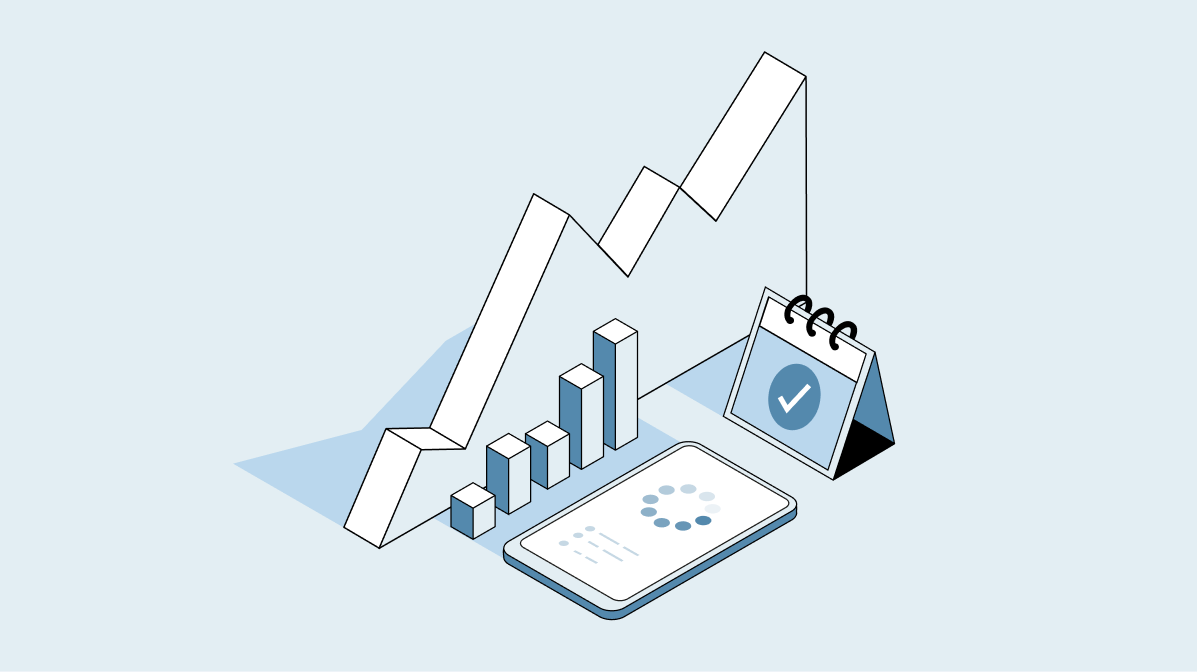As an investment fund manager, you already have a lot on your plate. Building relationships with LPs and entrepreneurs is exciting work—but it’s also time-consuming. If managing your fund’s back office is starting to get in the way of other work, it may be time to consider hiring a fund administrator.
What is fund administration?
Fund administration is a third-party service that handles an investment fund’s accounting, limited partner (LP) reporting, asset valuation, capital calls, and capital distributions. Any type of investment fund may use fund administration services, including private equity funds and hedge funds.
Venture capital fund administration
VC is a fast-paced, high-growth fundraising environment. For venture capital funds in particular, outsourcing back office tasks to a trusted partner gives you more time to spend with your founders and investors.
Benefits of fund administration
Delegating back office support to a trustworthy fund administrator is a worthwhile investment. A fund administrator can also keep track of certain obligations of your fund under the fund’s governing documents and help with AML and KYC compliance.
Even for first-time fund managers, working with a fund administrator can help achieve success in today’s competitive market, according to Winter Mead, an LP and the CEO and co-founder of Coolwater Capital. “Having a strong fund admin team to support your back office is instrumental when you’re scaling a VC firm,” Mead said.
A reliable fund administrator doesn’t just save time—it also builds investor trust. Having a respected fund administrator tells your LPs:
-
You’re laser-focused on your portfolio
-
Your accounting is in order
Some LPs are so bullish on the value of a fund administrator that they require emerging fund managers to select from among a trusted group of service providers. Limited partners also expect their fund managers to provide polished financials outside of regularly scheduled reporting. A fund administrator will help you demonstrate this level of managerial efficiency.
How to choose a fund administrator
VC funds have specific needs that require dedicated support. How you tackle your fund accounting and administration depends on your fund’s complexity and structure. It also depends on your own expertise and experience:
-
Are you managing several funds at once?
-
How experienced are you in accounting and finance?
-
How much analysis will you be doing on your portfolio?
-
How much reporting will you be doing for your LPs?
-
If your fund is audited, who will be supporting your chosen auditors in preparing audited financials?
Types of fund administration
Venture fund managers have a few options for fund administration:
Do it yourself
Handling your own fund administration might be where you are today. This is by far the cheapest route for general partners (GP). But DIY fund administration takes the most time and effort, especially if you want to do regular analysis and reporting.
Hire a CFO or in-house back office staff
Having someone on your team in charge of fund administration comes with one major benefit: You’re in total control. But it also means you’re responsible for hiring, paying, and managing another person or team. During audit season, an external part-time CFO or in-house finance team may have less time for other work you may need.
Use a fund administration service provider
Using a fund administration service is typically cheaper than directly hiring an in-house finance team. This cost can be passed on as a fund expense to LPs. A fund administration service also means you have an expert team and a self-service platform to help you get information for reports and analysis whenever you want.
Fund admins will help you optimize your responsibilities under your fund documents and decisions about when you are entitled to be paid carried interest (and how much carry you will get in a distribution).
Use a combination
You can also hire a fund administration provider in addition to hiring a fractional CFO or in-house fund controller. Many firms have a small in-house team and use a fund administration provider to get the best of both worlds. Outsourcing fund administration not only frees up your time to focus on investment work but also helps minimize your overall risk profile. When choosing a fund administrator, you’ll want to weigh your needs and the provider’s reputation.
What to look for in a fund administrator
To evaluate prospective fund administrators, look for the following qualities and ask lots of questions along the way.
Expert fund administration services
Your fund is unique. Your provider should give a level of support that works for your fund’s structure and goals. First-time fund managers can benefit from one of two approaches:
-
Some funds may have a smaller amount of committed capital, but a more complex fund structure. This may require a fund administrator who can serve as a clear extension of the firm. In this model, a single or small group of fund accountant(s) would deliver custom, dedicated support, handling everything related to the fund’s back-office.
-
Other funds may have a higher volume of committed capital, with varying degrees of complexity. These funds stand to gain the most from a more exhaustive, specialized team who can address admin needs on pace with the rhythm of the fund.
What to ask: How do you service clients based on their fund structure?
Software solutions
Sophisticated fund administration software uses metrics to deepen your understanding of your portfolio, including the real-time internal rate of return (IRR) of your fund. These data insights help strengthen your insight into your fund’s performance and inspire confidence from LPs.
Requests for data from a traditional fund administrator can take time to turn around, but a software platform can help you pull up-to-date information instantly. Regular security updates and in-platform document distribution also help you protect sensitive company financials and prevent fraud and identity theft.
What to ask: How frequently are your products updated?
Audit support
While not all investors require a fund to be audited, many institutional LPs will only invest in audited funds.
What to ask:How do you help me prepare for and navigate through a fund audit?
Compliance assistance and due diligence
Regulations surrounding investment financing are complex and subject to change. In some areas of compliance, such as know your customer (KYC) and anti–money laundering (AML) regulations, there is no standard industry due diligence protocol that’s observed across funds—but you still need to be aware of how the law applies to your fund.
What to ask: Do you provide services to address KYC/AML checks of my investors and/or portfolio companies?
Experience and advising
Look for fund administrators that hire experienced investment and accounting professionals who are ready to talk you through common financial problems. Try to get a feel for how accessible and supportive their staff will be. You’ll want a team with depth of experience and empathy for emerging managers.
What to ask:What type of collective investment and accounting experience does your team have?
When to start working with a fund administrator
The optimal time to start working with a fund administrator—and other key service providers including legal counsel, bank, and payroll—is before you start raising your fund. You should engage a fund administrator when you’re six to 12 months from your first close.
In this fundraising period, carefully consider all of your key provider options simultaneously, as one decision will often inform another. While there’s no fixed order or timeline for establishing these partnerships, you’ll want to avoid paying for the same service twice.
Fund administration & capital calls
Having service providers onboarded early ensures a smoother experience for raising your first round and helps streamline your first capital call. A fund administrator can also work with you to set up a regular cadence of capital calls to help your LPs plan for efficient capital deployment. At Carta, we work with banks to offer a capital call line of credit that will let you start making investments from day one.
Leverage fund administration to strengthen LP relationships
Being a venture capitalist requires creative, convincing storytelling. When LPs commit to a 10-year fund, they’re investing in the vision of the future that you’ve articulated. After your first close, LP communications will be your opportunity to reinforce and readjust your narrative. A fund administration service can help you craft this narrative by providing real-time data insights about your fund.
As you move toward your first close, your fund administrator will help you demonstrate the high level of operational competency that institutional LPs expect. The right fund administrator can help highlight your team’s strengths, offset any weaknesses, and offer the wisdom, experience, and support you need to get your fund off to a great start.



